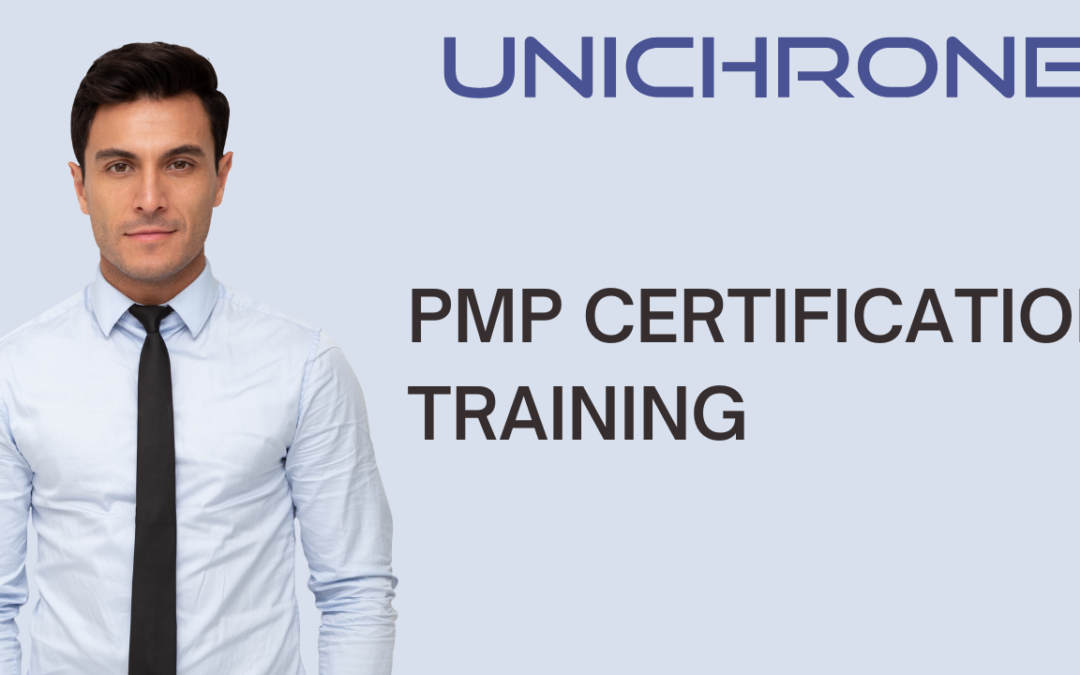Introduction
Scope management involves defining, planning, and controlling the work required to successfully complete a project. It ensures that all the necessary work is included and that only that work is included. In the digital age, the dynamics of scope management have shifted significantly. Let’s explore the key trends and strategies that are shaping this field.
The Impact of Technology on Scope Management
Technology has revolutionized how projects are managed. From sophisticated project management software to collaborative tools, the digital age has provided project managers with a treasure trove of resources. These tools enable real-time monitoring, data analysis, and streamlined communication, which are crucial in scope management.
Leveraging Data Analytics
Data analytics plays a pivotal role in scope management in the digital age. Project managers can harness the power of data to make informed decisions. By analyzing past project data, they can identify patterns, potential risks, and areas for improvement, leading to more precise scope definition and control.
Agile Methodologies
Agile methodologies have gained widespread adoption in the digital era. They emphasize flexibility, collaboration, and continuous improvement. Agile practices allow project teams to adapt to changing requirements and customer feedback rapidly. This approach aligns well with the evolving nature of digital projects.
Inclusivity and Stakeholder Engagement
In the digital age, stakeholder engagement has taken on new importance. Project managers need to collaborate closely with stakeholders, including end-users and clients, to ensure that the project scope aligns with their expectations. Inclusivity in decision-making helps prevent scope creep and enhances project success.
Remote Workforce Management
The rise of remote work has transformed how project teams collaborate. Scope management now includes considerations for managing remote teams effectively. Tools like video conferencing, project management software, and communication platforms are essential for keeping remote teams aligned with project goals.
Sustainable Practices
Sustainability is a growing concern in project management. Digital projects must consider environmental and social impacts. Scope management strategies now encompass sustainability assessments and the integration of eco-friendly practices into project plans.
Continuous Learning and PMP Certification
To excel in scope management in the digital age, professionals must continually update their skills. PMP certification (Project Management Professional) is a recognized credential that demonstrates expertise in project management. Let’s delve into why PMP certification is a valuable asset in this evolving landscape.
Why PMP Certification Matters
Demonstrated Expertise
PMP certification is a testament to an individual’s knowledge and experience in project management. It signifies that a professional has met rigorous standards and possesses the skills needed to manage projects effectively.
Global Recognition
PMP certification is globally recognized. It opens doors to opportunities across industries and countries. Whether you’re managing a digital project in Silicon Valley or a startup in Singapore, PMP certification holds weight.
Adaptability to Digital Trends
PMP Training includes updated content that reflects the latest trends and best practices in project management, including those in the digital age. It equips professionals with the knowledge to navigate the evolving landscape of scope management.
Networking Opportunities
PMP certification also provides access to a vast network of professionals. This network can be a valuable resource for sharing insights, seeking advice, and collaborating on projects.
Frequently Asked Questions
What are the prerequisites for PMP certification?
To be eligible for PMP certification, you must have a secondary degree (high school diploma, associate’s degree, or global equivalent) and substantial project management experience. Alternatively, a four-year degree and project management experience also meet the requirements.
How can PMP training benefit my career in scope management?
PMP training not only enhances your project management skills but also demonstrates your commitment to professional growth. It equips you with the knowledge and tools needed to excel in scope management in the digital age.
Is PMP certification suitable for all industries?
Yes, PMP certification is versatile and applicable across various industries. Whether you’re in IT, healthcare, construction, or any other field, the principles of project management covered in PMP certification are universally relevant.
Can I pursue PMP certification online?
Yes, many reputable institutions offer PMP certification courses online. This flexibility makes it convenient for working professionals to enhance their skills and earn certification.
How often should I renew my PMP certification?
PMP certification is valid for three years. To maintain your certification, you’ll need to earn Professional Development Units (PDUs) through activities like continuing education, volunteering, or attending relevant events.
What is the pass rate for the PMP certification exam?
The pass rate for the PMP certification exam varies but typically ranges from 60% to 70%. Success depends on your level of preparation and understanding of project management concepts.
Conclusion
In the digital age, scope management is a dynamic and vital aspect of project management. Embracing the trends and strategies outlined in this article can lead to more successful project outcomes. Additionally, obtaining PMP certification can elevate your career in scope management, providing you with the knowledge and recognition needed to thrive in the ever-evolving digital landscape.
Scope management in the digital age is about adaptability, collaboration, and a commitment to continuous improvement. Stay ahead of the curve, invest in your skills, and embrace the future of project management.

